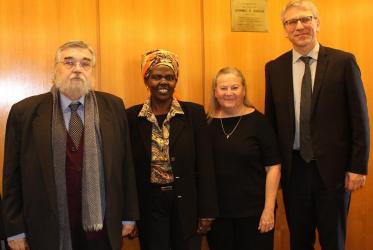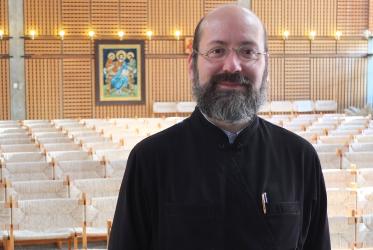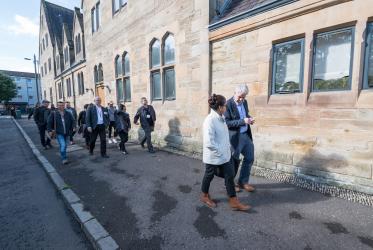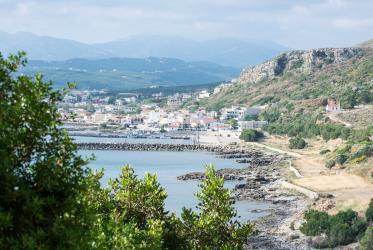Displaying 361 - 380 of 493
In Lebanon, refugees face hardship - but find hope
16 March 2017
“What can we contribute as a worldwide fellowship?”
06 March 2017
An interview with the Ethiopian Patriarch, Abune Matthias
14 February 2017
Education for Peace focus of WCC-Roman Catholic meeting
09 February 2017
“Justice is a gift from God,” affirms WCC general secretary
17 January 2017
Archbishop Job of Telmessos: Church unity is still our dream
31 October 2016
Religious leaders of many faiths talk peace in Assisi
21 September 2016
WCC general secretary addresses global Pentecostal gathering
09 September 2016
Owe Boersma will strive for equilibrium as EAPPI coordinator
18 August 2016
Hosanna! Ecumenical Songs for Justice and Peace
01 August 2016
Pilgrimage and youth
28 June 2016
WCC Central Committee convenes in Trondheim, Norway
22 June 2016













